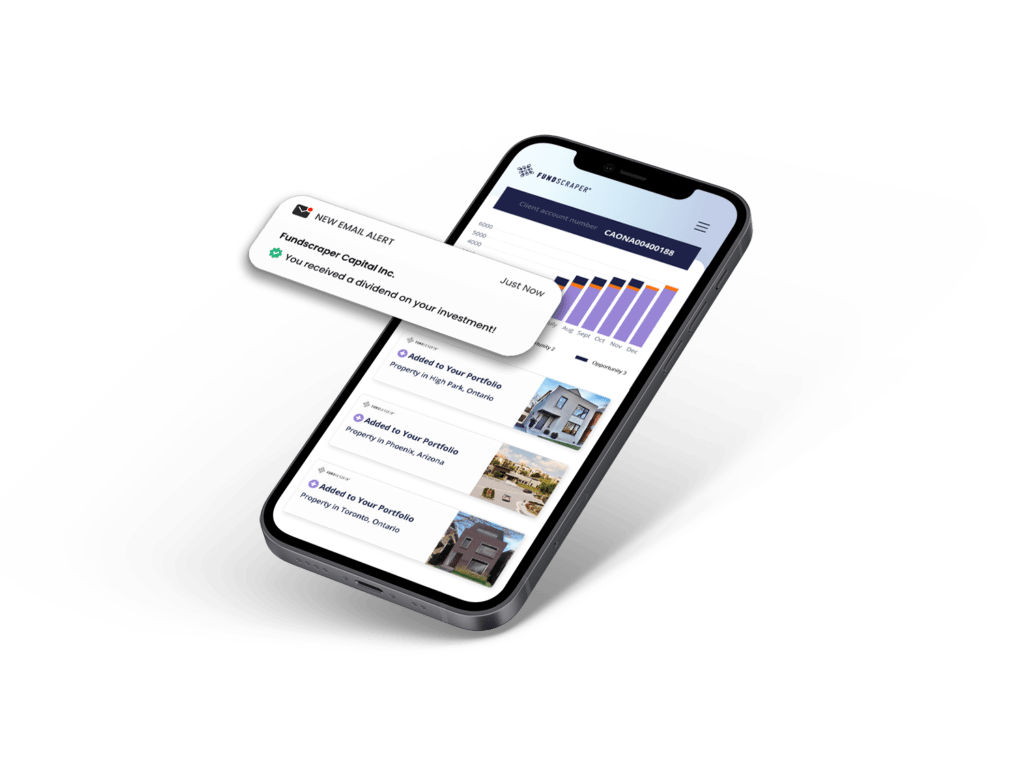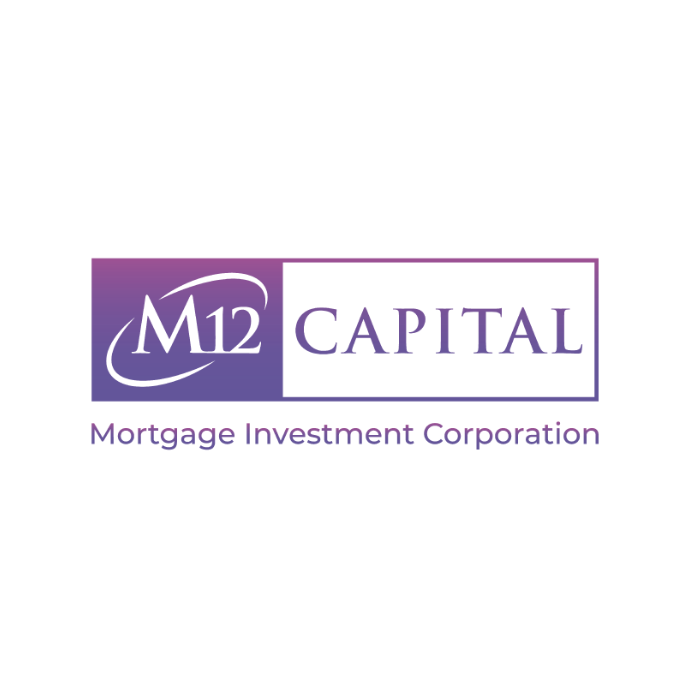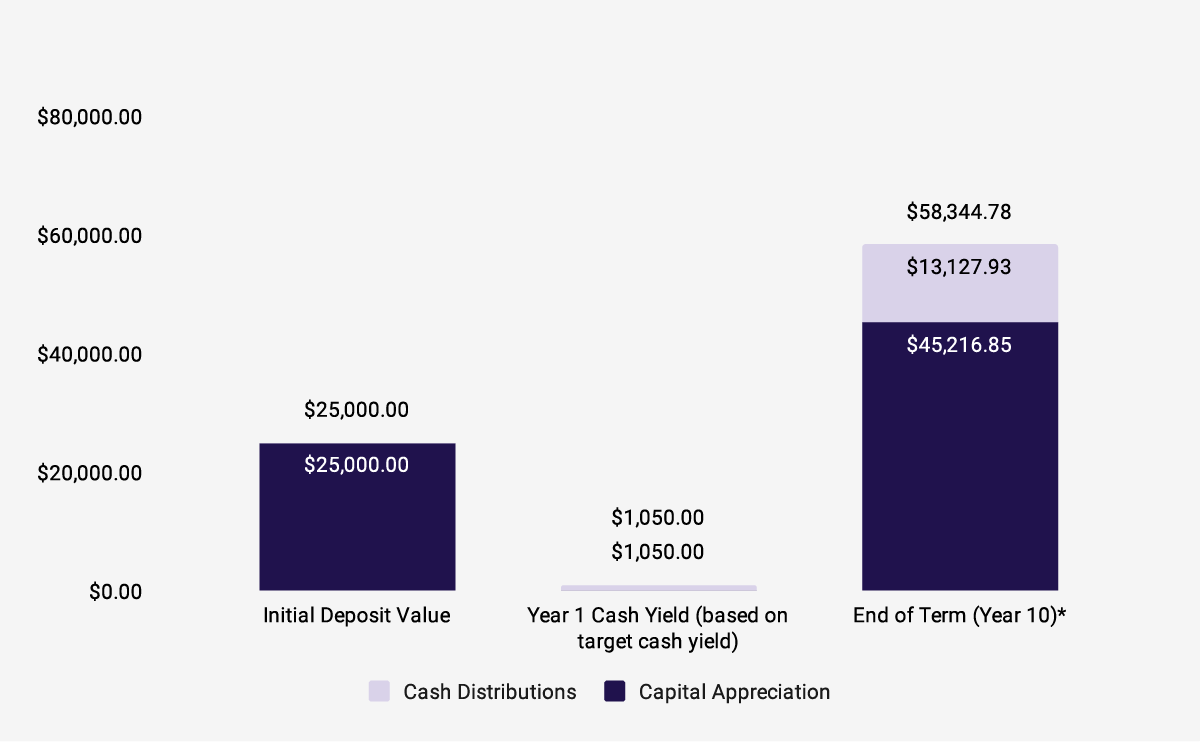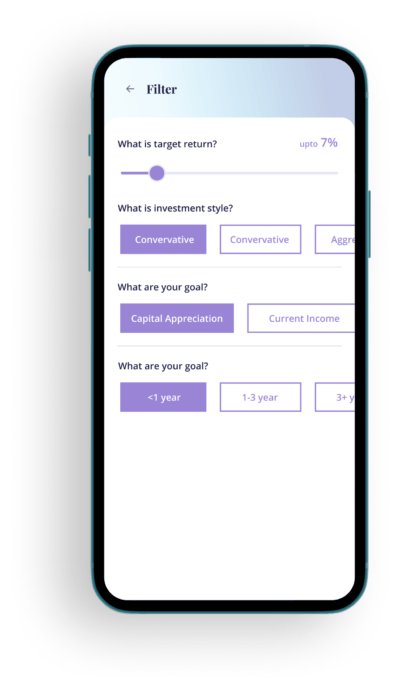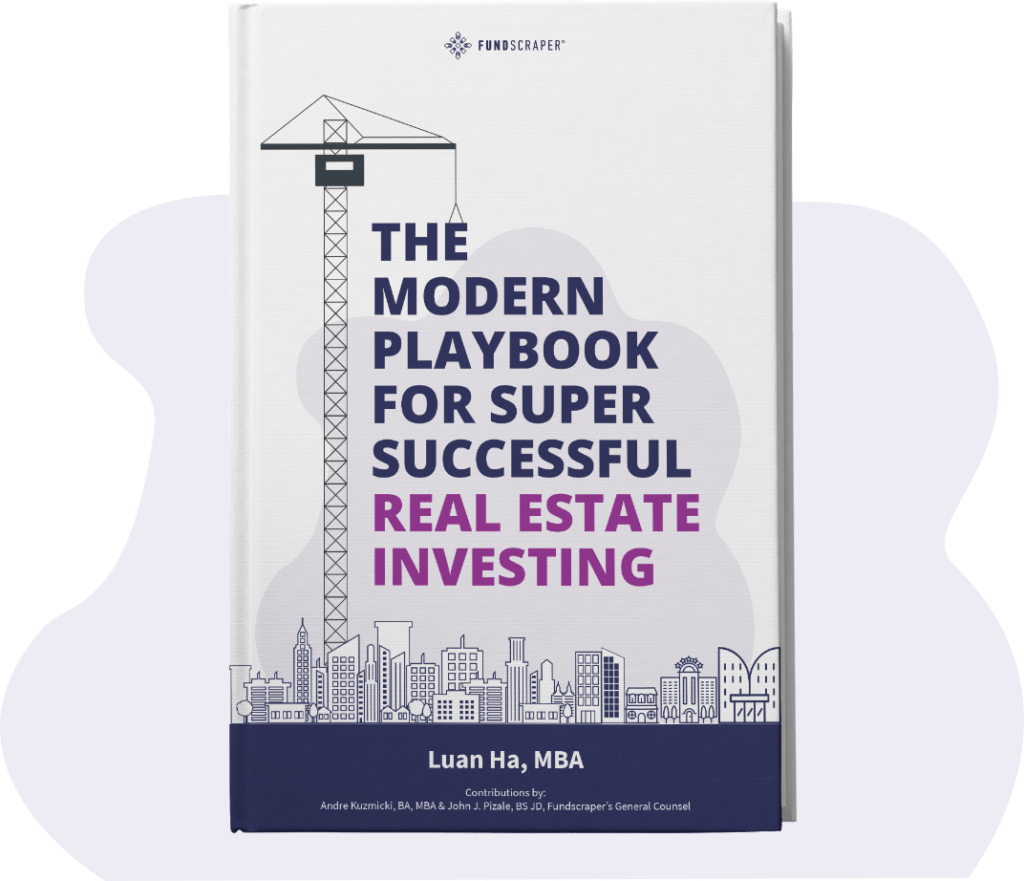Mortgage investment corporations lend money to people who would or have been turned down by more traditional outlets like banks, credit unions or large alternative lenders. As such, they are able to charge significantly higher interest rates on their mortgages (in some cases in excess of 10%). With the hot housing markets in areas such as the GTA and Vancouver, many borrowers have sought money from MICs to purchase homes or bridge gaps in funding.
- Contractors, entrepreneurs, and small business owners who have volatile income and have a difficult time retaining traditional bank financing;
- “New to Canada” immigrants who are likely to find jobs, form households, and buy homes, but do not have credit history in Canada yet so are not able to obtain traditional bank financing;
- Borrowers with challenging credit history;
- Asset accumulators who invest heavily in rental properties and have ‘too much debt’ on paper, making them riskier to schedule A banks;
- Investors purchasing income properties or second properties for family/recreational use;
- Those acquiring certain rural and agricultural properties that have residential components.


